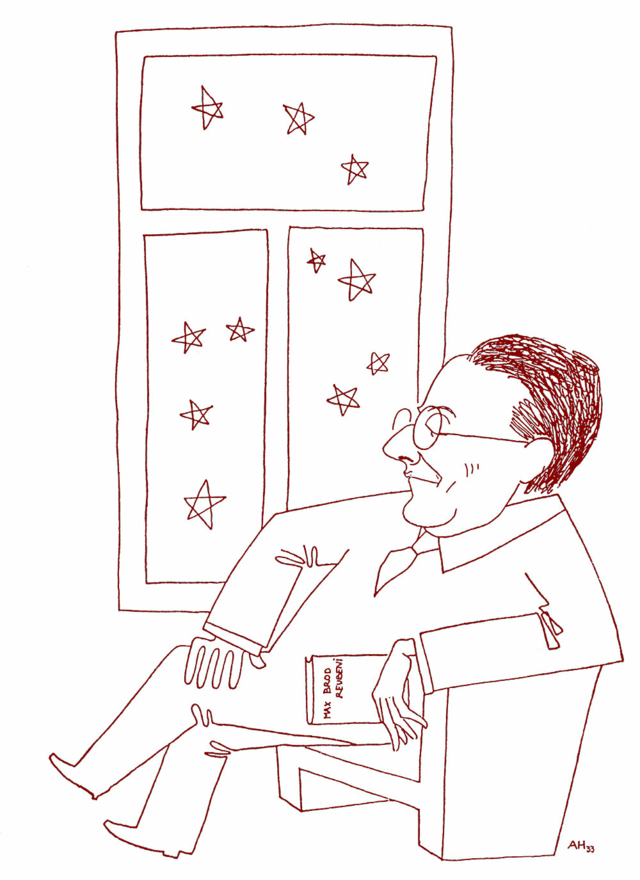- Areas
- Current Projects
- Weimar’s Republicans: German Jews in Democratic and Pacifist Organizations of the Interwar Period (1918 -1933)
- DFG-Project “Jewish Film Heritage”
- Max Brod’s Late Years (1939-1968): Departure into Exile
- Women’s Writing and Translating in Fin-de-Siècle Prague and the Bohemian Lands
- History of the German-Jewish Diaspora
- Dovid Eynhorn “Between Worlds”: A Transnational History of Yiddish-speaking Intellectuals
- EUMUS: European Minorities in Urban Spaces: Mutual Recognition, Social Inclusion and Sense of Belonging
- The Radical Right in Germany, 1945-2000
- Struggling with Justice: Antisemitism as a Judicial Challenge
- Pilot Project “Jewish Life in Potsdam”
- Jewish History online
- Hakhshara as a Place of Remembrance
- National Socialist Book Burnings 1933
- Jewish [hi]stories in the GDR
- ArchivedMemory online
- Traveling exhibition: Between fame and oblivion. Lea Deutsch: Child prodigy and Holocaust victim
- Emil Julius Gumbel Research Department
- Hilde Robinsohn-Guest Fellowship
- Previous Projects
Max Brod’s Late Years (1939-1968): Departure into Exile
Culture and Language, Israel, Zionism and DiasporaResearcher: Anna-Dorothea Ludewig
Duration: 2020-2023
Supported by travel funds of the Fritz Thyssen Foundation
The life and work of Max Brod (1884-1968) marks various cornerstones of European-Jewish cultural history in the 20th century: On top of his contributions to literature and music – areas he was extremely successfully in as an author, critic, and mentor – he became known as a composer, politician (Zionist), and dramaturge. Brod spent more than five decades in his birthcity Prague, closely associated with German-speaking Habsburg culture, which was celebrated in a special way in the city on the river Vltava. Brod was a convinced pacifist and as such opposed to the First World War, fearing rightfully that it would bring the end of the multi-ethnic country. In the founding years of Czechoslovakia he also recognized that the Zionist understanding of Jewish emancipation could serve as a unique way towards recognition as a Jewish nation of itself. After the democratic system established by Tomáš Garrigue Masaryk was destroyed by the Nazis in 1938/39, Brod was forced to leave his hometown and fled to Palestine/Israel. There he worked in Tel Aviv from 1939 to 1968 as a freelance author and dramaturge at the Habimah Theater and exerted great influence on the constitution of a newly emerging Israeli national culture. He also devoted himself to the work of his friend Franz Kafka and developed a marketing strategy that continues to have an impact today on the reception of Kafkas work. These last almost three decades of his life and work have hardly been researched so far, a gap that this biographical project aims to fill.
